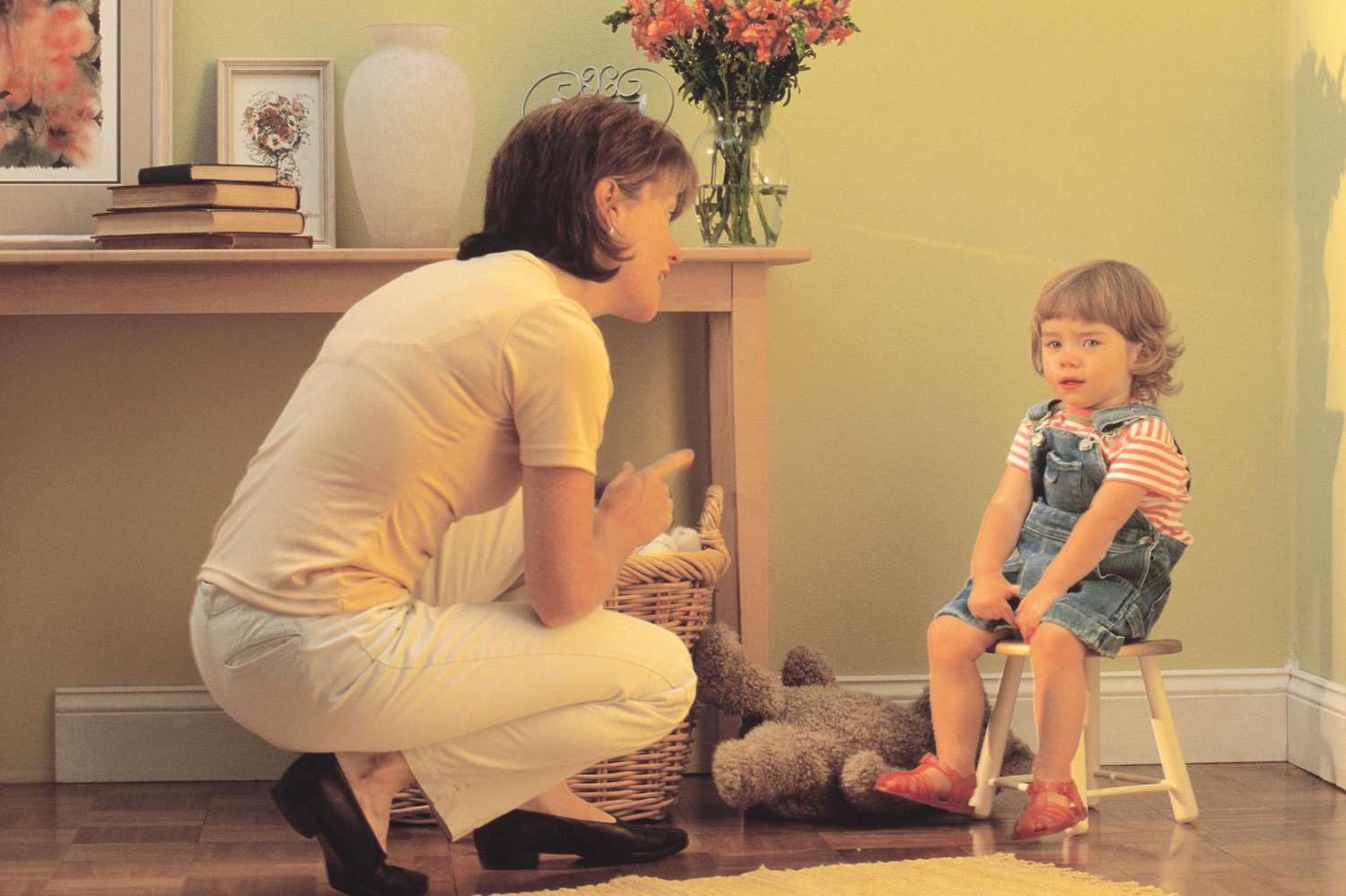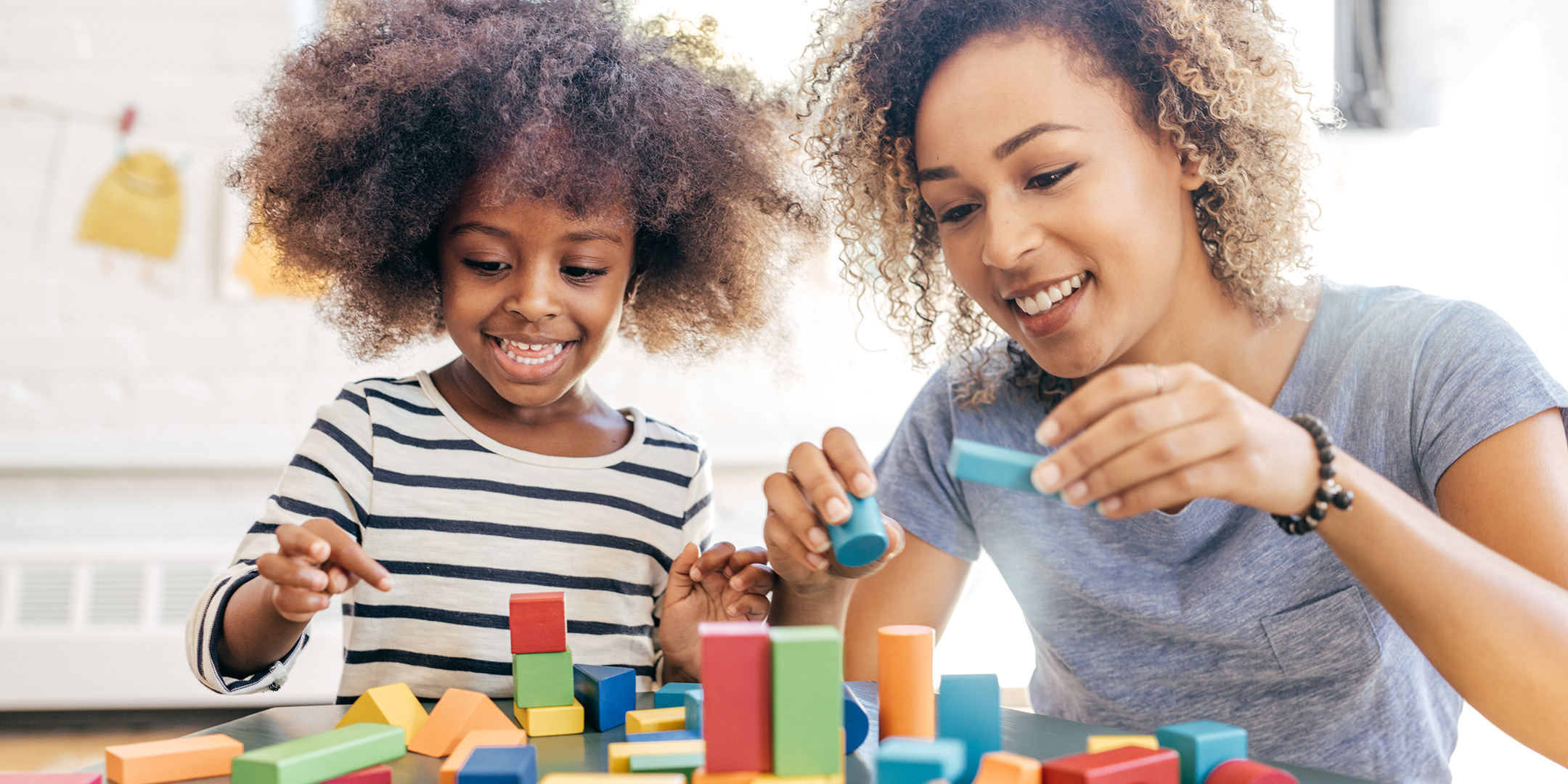Exploring the Impact of Hitting on Children
By Ashmal Shah
6 July 2023
As parents, caregivers, and educators, it's essential to consider the impact of our actions on children's well-being and development. One controversial topic that often arises is the use of physical punishment, such as hitting, as a disciplinary tool. In this blog post, we will delve into the effects of hitting on children and explore alternative approaches that promote positive discipline and healthy relationships.

Understanding the Impact

Research consistently highlights the negative consequences of hitting and physical punishment on children. Physical discipline can lead to a range of harmful outcomes, including increased aggression, lower self-esteem, poor mental health, and strained parent-child relationships. Children who experience hitting may become more prone to aggressive behaviors themselves, perpetuating a cycle of violence. Furthermore, hitting fails to teach children alternative ways of resolving conflicts or regulating their emotions effectively.
Alternative Approaches

Positive discipline approaches offer effective alternatives to hitting and physical punishment. These strategies emphasize respectful communication, empathy, and teaching appropriate behavior. Here are some key principles to consider:
- Clear Expectations and Boundaries: Set clear and age-appropriate expectations, explaining the consequences of actions in a calm and respectful manner.
- Positive Reinforcement: Encourage and reward positive behavior to reinforce desired actions. Praise and recognition can be powerful motivators for children.
- Effective Communication: Engage in open and honest conversations, actively listening to children's perspectives and validating their feelings. Encourage problem-solving and negotiation skills.
- Time-Outs and Cool-Down Periods: Provide children with opportunities to take a break and regain control of their emotions. This helps them develop self-regulation skills and find healthier ways to cope with frustration or anger.
- Modeling Respectful Behavior: Be a role model for children by demonstrating respectful and compassionate behavior in your interactions with them and others.
The Power of Connection

Building strong and positive connections with children is crucial for effective discipline. Nurturing a warm and supportive relationship allows children to feel safe, loved, and understood. When discipline is approached from a place of empathy and understanding, children are more likely to respond positively and internalize valuable life lessons. By focusing on building connections, parents and caregivers can guide children towards positive behavior and provide them with the tools they need to navigate challenges successfully.
Seeking Support

Navigating the world of parenting and discipline can be challenging. If you find yourself struggling or in need of guidance, consider seeking support from professionals, such as pediatricians, therapists, or parenting coaches. They can provide expert advice and resources tailored to your unique situation, helping you navigate discipline in a positive and effective manner.
Conclusion
While hitting may offer short-term compliance, its long-term impact on children's well-being and development is significant. By embracing positive discipline approaches that prioritize respect, empathy, and connection, we can create nurturing environments that promote healthy relationships and foster the growth and development of our children.
You Might Also Want To Read This
Popular Posts





